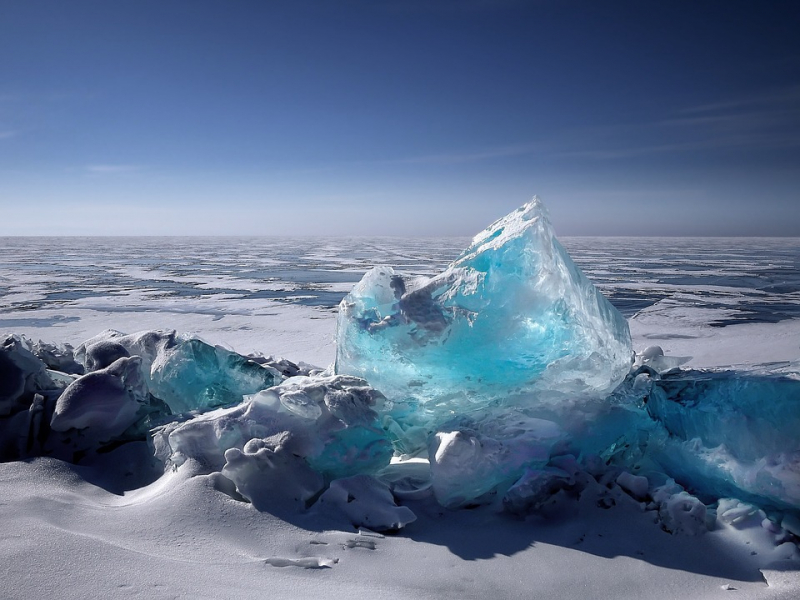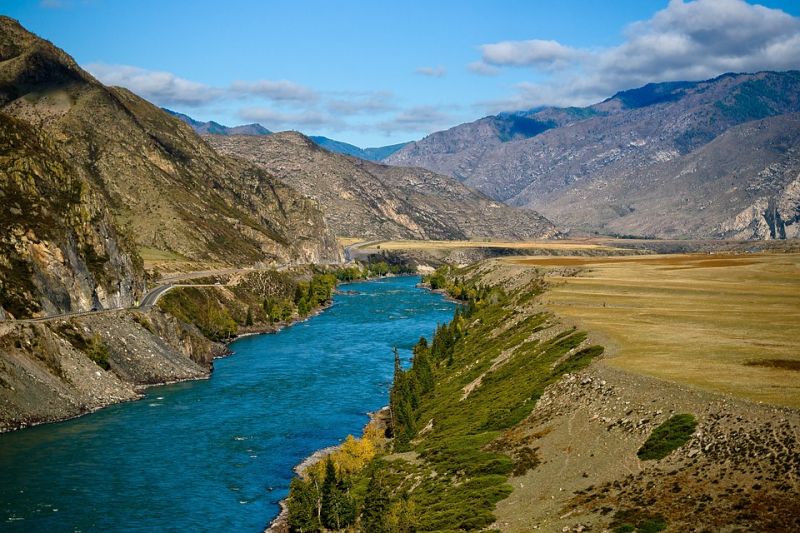Access to resources
As the Arctic ice melts due to global warming, new shipping routes are opening up through the previously ice-covered waters. These new routes could significantly reduce shipping times between Asia and Europe, making them more attractive to international traders and potentially boosting trade volumes. The Northern Sea Route (NSR), which runs along Russia's Arctic coast, is expected to become a key shipping lane as the ice melts, and could potentially rival the Suez Canal as a route between Asia and Europe.
In addition to shipping routes, the Arctic region also holds significant natural resources, such as oil and gas, minerals, and fish. As the ice melts and the Arctic becomes more accessible, these resources could become easier to extract and transport, potentially providing a significant economic boost to Russia.
Russia has long been a major oil and gas producer, and is already a key supplier to Europe and Asia. As demand for these resources increases in the coming years, Russia's position as a key supplier could become even more important. In addition, Russia has already made significant investments in developing the NSR and building up its Arctic infrastructure, which could give it an advantage in accessing and transporting resources from the region.






